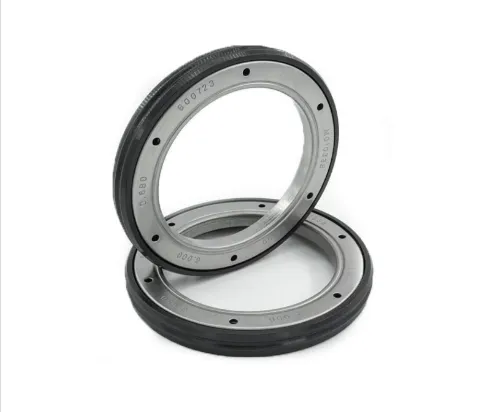Flexible Seals and Their Applications in Mechanical Systems and Engineering Solutions
Understanding Mechanical Bellows Function and Applications
Mechanical bellows are flexible, expandable structures that serve critical functions in various engineering applications. Their primary purpose is to allow for the controlled movement of components while maintaining a seal against contaminants like dust, dirt, or moisture. These devices consist of a series of interconnected pleats or folds, which enable them to expand and contract as required, making them a vital component in multiple industries.
One of the main applications of mechanical bellows is in the field of aerospace. They are used in aircraft systems, including landing gears and control surfaces, where movement is necessary but should be isolated from external elements. The flexibility of bellows allows for significant axial movement while protecting sensitive components from environmental damage. This is crucial in ensuring the reliability and longevity of aircraft systems.
In the automotive industry, mechanical bellows are utilized in various applications, such as exhaust systems and intake manifolds. Their ability to absorb vibrations and thermal expansions helps enhance the performance and durability of these systems. Additionally, they are used in steering and suspension systems to protect key components from contaminants and wear, contributing to overall vehicle performance and safety.
In industrial machinery, bellows are essential for maintaining the integrity of systems that require precise movement. For instance, in manufacturing equipment, they can be found in robotic arms where they help shield actuators and sensors from dust and debris. This protective quality is vital for achieving high operational efficiency and reducing maintenance requirements, ultimately leading to lower production costs.
mechanical bellows

Moreover, mechanical bellows play a significant role in the medical field
. They are often found in medical devices and equipment, such as pumps and aspiration devices. The ability to create a vacuum or transmit fluid without leakage makes them invaluable for maintaining sterile environments and ensuring accurate measurements.The versatility of mechanical bellows is further showcased in their use in HVAC systems. They function as expansion joints in ductwork, compensating for thermal expansion and contraction due to temperature changes. This prevents damage to the ductwork and maintains the efficiency of the heating and cooling systems, showcasing how bellows contribute to energy conservation.
In the realm of fluid dynamics, mechanical bellows provide a critical function in maintaining pressure and fluid flow. They can act as pressure containment devices in various settings, ensuring that fluids do not leak and that operating pressures remain stable. This quality is essential in preventing failures in systems where pressure regulation is crucial.
In conclusion, mechanical bellows are more than just flexible components; they are integral to ensuring the proper functioning and longevity of equipment across multiple sectors. Their ability to adapt to movement, absorb vibrations, and provide protective sealing makes them indispensable in today’s technologically advanced world. As industries continue to evolve, the demand for innovative applications of mechanical bellows will likely increase, underscoring their importance in modern engineering solutions.
-
Understanding the Front Main Engine Seal: Purpose, Maintenance, and Installation
News Jul.29,2025
-
Understanding O-Rings and Seal Rings: Types, Applications, and Custom Solutions
News Jul.29,2025
-
Understanding Crankshaft Oil Seals: Rear Seals, Pulley Seals, and Their Role in Engine Integrity
News Jul.29,2025
-
The Importance of Front and Rear Crankshaft Seals in Engine Performance and Oil Management
News Jul.29,2025
-
Crank Oil Seals: Functions, Types, and Cost Considerations in Engine Maintenance
News Jul.29,2025
-
A Comprehensive Guide to O-Rings and Seals: Types, Materials, and Global Applications
News Jul.29,2025
-
Mastering Diesel and Performance Engine Maintenance: A Guide to Critical Oil Gaskets
News Jul.28,2025
Products categories















